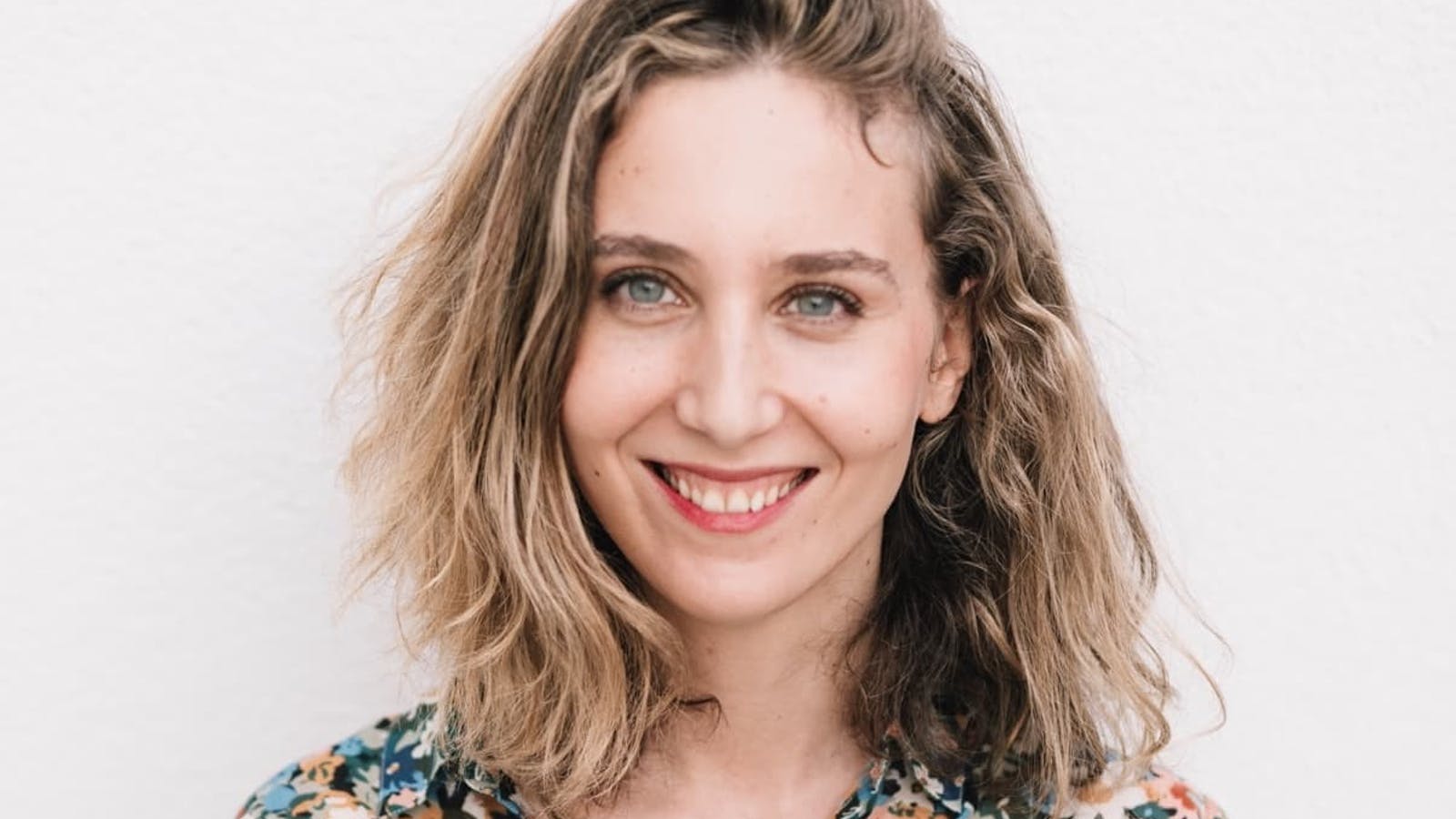In this episode, we had the pleasure of receiving Cloé Brami .
Cancer doctor, specialist in mindfulness meditation, Cloé talks to us today about mindfulness and the practice of meditation to learn to better welcome and deal with stress. She also shares with us lots of advice for integrating meditation into your daily life and enjoying all its benefits.
Cloé chose to train in the United States, at the memorial, in an integrative medicine department in oncology, this is where she discovered mindfulness meditation. A journey that reflects his integrative education, with a father who was a surgeon and a mother who was very open to complementary therapies.
What is mindfulness/full awareness meditation?
Cloé offers two definitions:
- From his personal experience : a very reflective practice which puts us in touch with our feelings.
- From Dr. Jon Kabat-Zinn : the awareness that emerges when we pay attention deliberately, moment by moment and without judgment.
More and more studies are being carried out on this subject and this is the specialty in which there is the best evidence.
Cloé is today exploring the place of mindfulness meditation in learning medicine. For medical students with a high rate of depression, she suggests in particular spending 10 minutes with their breathing, touching on their fatigue, then regulating their habits.
“Befriending your stress”
We all tend to want to reduce our stress, but Cloé recommends that we, on the contrary, identify this stress and become friends with it. Meditation really touches on this notion of taking care of yourself to take care of others.
How does meditation affect emotions?
Two points of view :
- Psychological part with this possibility of identifying one's emotional state and then regulating it, in reference to the work carried out by Goldman.
- Part at the level of cerebral neuroplasticity : what happens to my brain when I am stressed?
Example: When we are in a situation of acute stress, a part of our brain, the amygdala, will be activated and will allow us to react to this acute stress. When we are depressed, the amygdala is hyper activated, there is no longer any regulation between our amygdala and our more reasoning part of the brain, and therefore no possibility of taking a step back, essential to be able to respond appropriately. to stressful situations.
Cloé tells us about the impacts she has seen thanks to the MBSR (Mindfulness-Based Stress Reduction) program, particularly on patients undergoing chemotherapy.
- Disidentification : how through meditation, I disidentify from the illness, I am the human being who continues to exist with the illness.
- Impermanence : pain but also in the face of stress (while waiting for results), accepting that things are not permanent.
Cloé's advice for getting started with meditation
“The basis of the practice is first of all the connection to the body”
Start with 10 minutes of time to observe your breathing. Sometimes we forget that we are breathing, and meditation helps to put us back in the present moment.
The ideal position: Cloé advises taking a seat at the start and sitting on a chair. Applications can provide a framework for starting practice for some; our specialist recommends the Mind app in particular.
The ideal frequency: Regularity is precious in meditation, the ideal would be 20 minutes per day.
But how do you find time to meditate?
“When you want to do something, you take the time.”
Indeed, today, taking care of yourself motivates more and more people!
There is no obligation to meditate, you just have to feel the right moment.
To start meditation, you must both want to do it and enjoy it. Cloé tells us that she perceives meditation not as an austere practice but on the contrary as something very playful, which allows each of us to look at everything we can feel.
Finally, our mindfulness specialist gives us his advice and recommendations by taking part in the “Tonic Quiz” game:
- A book to recommend : Siddhartha by Hermann Hesse
- A place to meditate : Everywhere!
- An activity to de-stress : Have fun no matter the activity
- A meditative food : “Coffee, which I don’t like and which I continue to drink in full awareness every morning despite everything”
- A sound to reflect on : Birds
- Next person to interview : Dr. Gary Deng, founder of the Center for Integrative Medicine
- One last piece of advice : “Find the tool that connects you to your inner child”
Find Cloé on her Instagram account @cloe.brami and on her website https://www.themindfulapotek-cloebrami.com .
Excellent listening!
We'll see you next week for a new episode of Club Bonheur.
Listen to the episode on your favorite platform.

